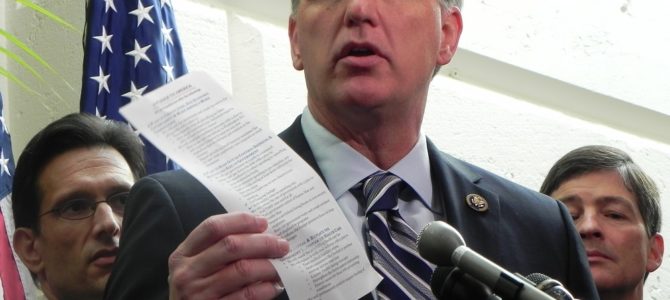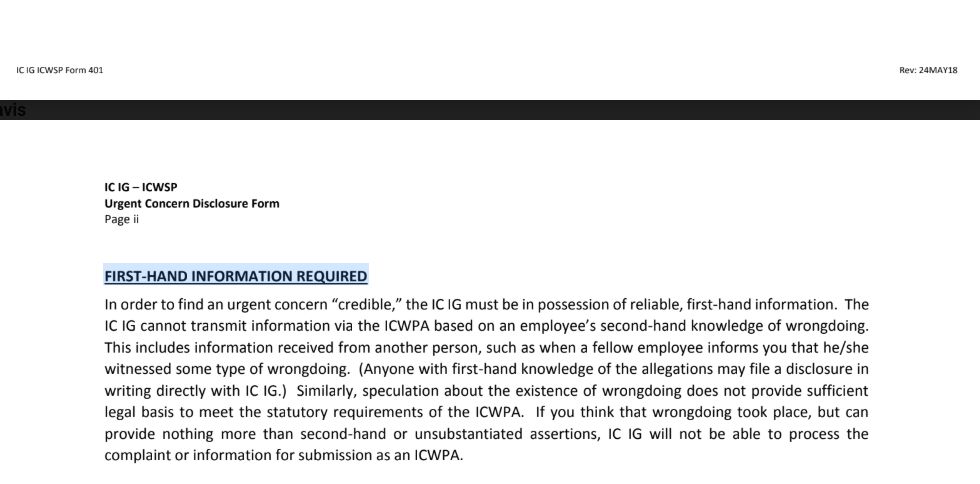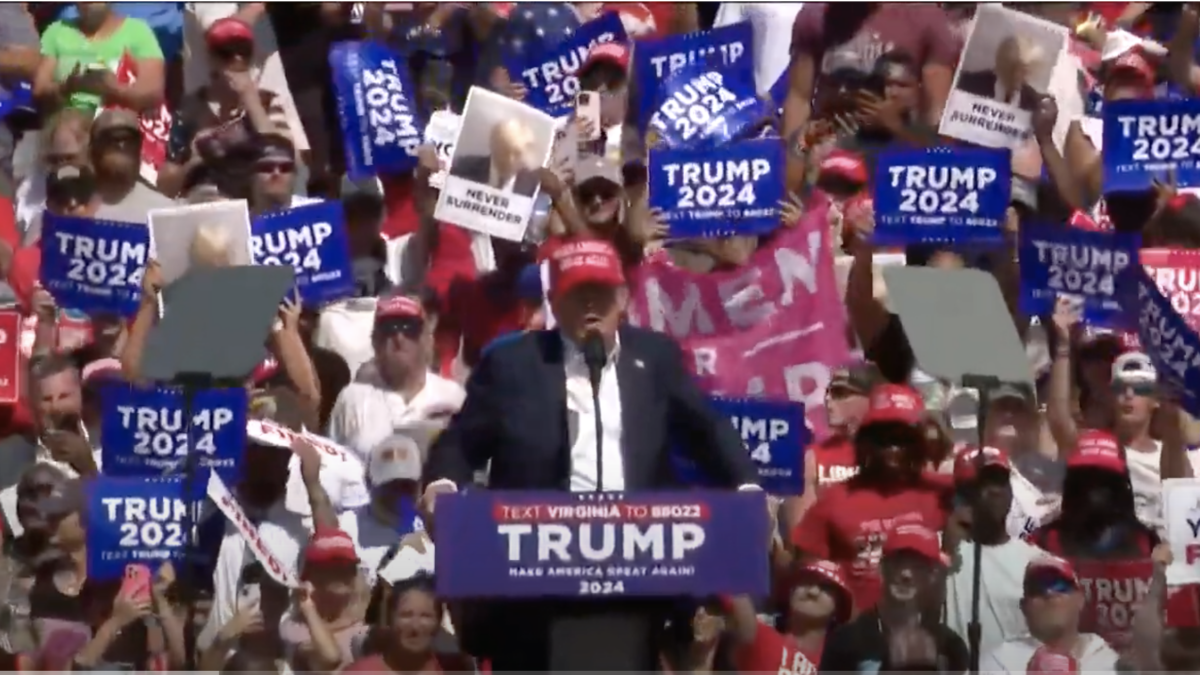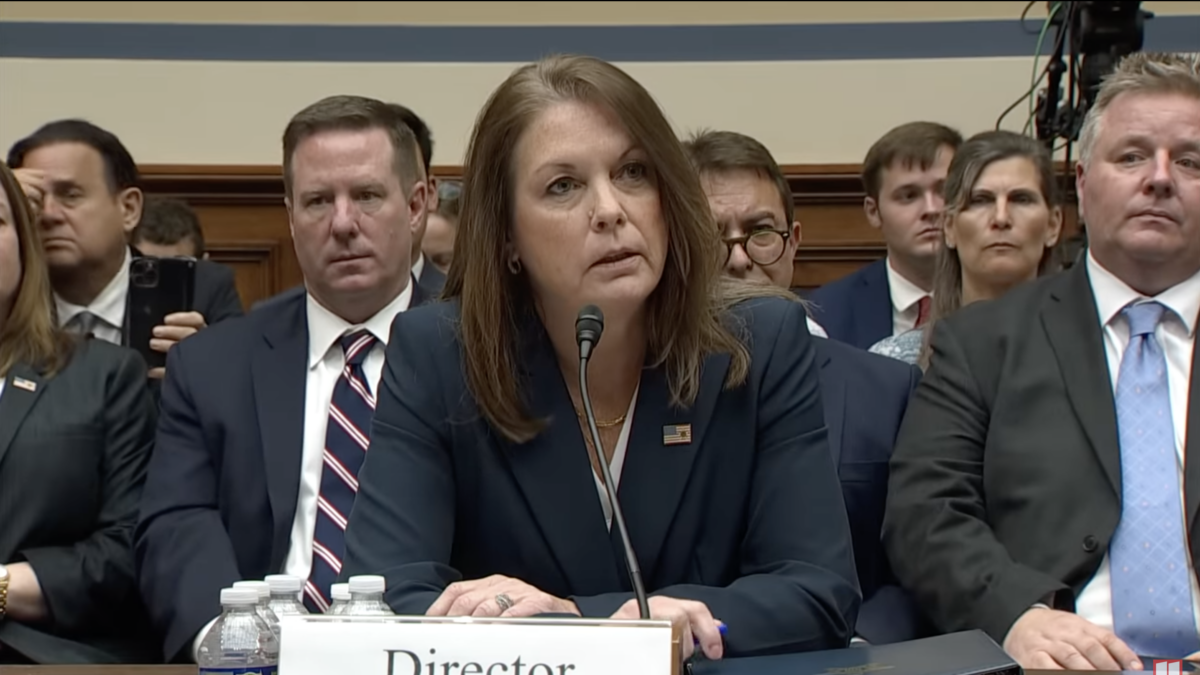
Republican lawmakers in both the Senate and House on Monday demanded answers from the Intelligence Community Inspector General (ICIG) about secret revisions to the office’s guidance on “urgent concern” whistleblower complaints. The Federalist first reported last week that between May 2018 and August 2019, the ICIG secretly eliminated its requirement that potential whistleblowers provide only first-hand evidence of alleged wrongdoing.
In their letter to Michael Atkinson, the ICIG, Reps. Kevin McCarthy (R-Calif.), Devin Nunes (R-Calif.), and Jim Jordan (R-Ohio) noted that the anti-Trump complainant offered no direct, first-hand evidence of alleged wrongdoing against President Donald Trump. Instead, the complaint is littered with gossip, hearsay, and rumor. The lawmakers specifically asked the ICIG to explain when the whistleblower guidance was revised, by whom, and for what reason.
“Based on the language on [the May 24, 2018] form, it appears that the requirement for first-hand information has been an ICIG policy regardless of how a whistleblower makes an urgent concern report,” they wrote. “Curiously the urgent disclosure form that now appears on the Office of the Director of National Intelligence website has recently changed and no longer contains this explicit first-hand information requirement.”
“[T]he timing of the removal of the first-hand information requirement raises questions about potential connections to this whistleblower’s complaint,” the lawmakers continued. “This timing, along with numerous apparent leaks of classified information about the contents of this complaint, also raise questions about potential criminality in the handling of these matters.”
The letter informs the ICIG that he must provide answers to their questions about the timing and rationale of the secret changes to the whistleblower guidance by noon on Thursday, October 3. The lawmakers told the ICIG to treat the letter as a formal demand to preserve all evidence related to the changes to the internal ICIG whistleblower rules.
Of particular note on the letter is the signature of McCarthy, the top Republican in the U.S. House. Nunes is the top Republican on the House Permanent Select Committee on Intelligence, and Jordan is the top Republican on the House Oversight Committee.
Multiple senators sent a separate letter on Monday seeking similar information from the ICIG. That letter, from Sen. Ron Johnson (R-Wisc.), who chairs the Senate Homeland Security and Governmental Affairs Committee, Sen. Charles Grassley (R-Iowa), who chairs the Senate Finance Committee, and Sen. Mike Lee, a member of the Senate Judiciary Committee, asked the ICIG to provide all documentation surrounding the revisions to the whistleblower guidance previously issued by the intelligence community.
“Why did the IC IG intially require first-hand information in its May 2018 disclosure form?” the senators asked. “Why did the IC IG remove the requirement for first-hand information?”
“Please list all personnel who were involved in and approved both the May 2018 form and August 2019 versions of the form,” they wrote. “Please provide all records discussing the creation of the May 2018 form as well as the change in reporting standards found on the August 2019 form.”

The law directing the whistleblower process, called the Intelligence Community Whistleblower Protection Act (ICWPA), gives the IC IG sole authority to determine whether a particular complaint is credible.
“The Inspector General shall determine whether the complaint or information appears credible,” the 1998 law states.
As of May 2018, the IC IG declared that first-hand evidence was required for “urgent concern” complaints, which are forwarded to the relevant congressional committees if the IC IG believes them to be credible.
“FIRST-HAND INFORMATION REQUIRED,” the 2018 document declared, in bold, underlined, all caps text.
“In order to find an urgent concern ‘credible,’ the IC IG must be in possession of reliable, first-hand information,” the document noted. “The IC IG cannot transmit information via the ICWPA based on an employee’s second-hand knowledge of wrongdoing.”
“This includes information received from another person, such as when a fellow employee informs you that he/she witnessed some type of wrongdoing,” the guidelines continued. “Similarly, speculation about the existence of wrongdoing does not provide sufficient legal basis to meet the statutory requirements of the ICWPA. If you think that wrongdoing took place, but can provide nothing more than second-hand or unsubstantiated assertions, IC IG will not be able to process the complaint or information for submission as an ICWPA.”
Both the general counsel of the Director of National Intelligence (DNI) and the Department of Justice (DOJ) Office of Legal Counsel (OLC) determined that the anti-Trump complaint failed to meet the requirements for “urgent concern” complaints detailed in the underlying ICWPA statute.
“[W]e determined that the allegations did not fall within the statutory definition of an ‘urgent concern’ and that the statute did not require the complaint to be transmitted to the intelligence committees,” DNI Jason Klitenic wrote to Rep. Adam Schiff (D-Calif.) on September 13. “The present complaint does not allege misconduct within the Intelligence Community or concern an intelligence activity subject to the authority of the DNI.”
In a September 3 opinion on the matter, the DOJ OLC also found that the “urgent concern” complaint from the anti-Trump intelligence community employee was statutorily deficient.
“The complaint does not arise in connection with the operation of any U.S. government intelligence activity, and the alleged misconduct does not involve any member of the intelligence community,” DOJ lawyers determined. “Rather, the complaint arises out of a confidential diplomatic communication between the President and a foreign leader that the intelligence-community complainant received secondhand.”
“The question is whether such a complaint falls within the statutory definition of “urgent concern” that the law requires the DNI to forward to the intelligence committees,” they wrote. “We conclude that it does not.”









